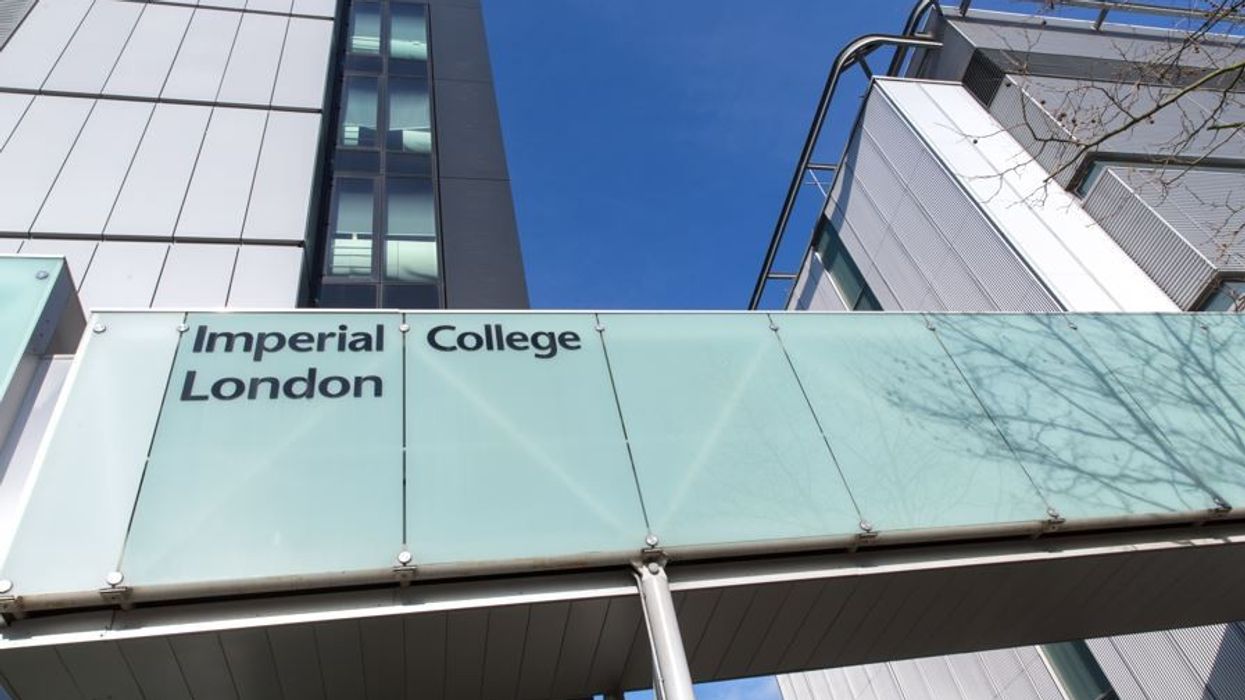An investigation into Imperial College London’s historical links to the British empire has recommended to remove a statue and rename buildings and lecture theatres that celebrate scientists who advocated racism, The Guardian reported.
The independent history group has made these recommendations to address racial inequalities and improve inclusivity at the Russell Group university.
According to the report, a number of problematic renowned scientific figures were honoured with buildings, rooms and academic positions named after them.
The group has called for a building named after the English biologist and anthropologist Thomas Henry Huxley to be renamed due to his racist beliefs about human intelligence.
Huxley was praised for determining that birds descended from dinosaurs.
"Huxley’s essay Emancipation – Black and White 'espouses a racial hierarchy of intelligence, a belief system of ‘scientific racism’ that fed the dangerous and false ideology of eugenics; legacies of which are still felt today," The Guardian said citing the report.
The report has urged to remove a bust of Huxley from display and recommended to place in the college archives. He was the first dean of the Royal College of Science from 1881-85.
Lecture rooms named after influential figures who advocated eugenics, such as WD Hamilton, a lecturer in genetics at the college from 1964 to 1977, should also be renamed, the newspaper report added.
The report also flagged up concerns over endowments from the late 19th- and early 20th-century philanthropists Alfred and Otto Beit and Julius Wernher, three of the college’s most important financial donors.
The reason highlighted in the report was the oppressive treatment of the largely Black migrant workers in the diamond and goldmines from which they made their fortunes.
The history group recommends renaming buildings named after the Beit brothers. It added that if a building or room is renamed then the reason for that should be publicly explained via a plaque or a QR code.
The report suggested setting up scholarships in the name of undercelebrated women and black and minority ethnic (BAME) scientists, including Narinder Singh Kapany, who was the first person to transmit images through fibre optics, laying the foundation for high-speed internet technology.
Staff and students will now be consulted over the recommendations before the college decides what action to take early next year.
“While we cannot change history, we can find ways to clarify what it means, learn lessons from it, and ensure that we are not perpetuating legacies that we find abhorrent," Imperial’s president Alice Gast was quoted as saying by the newspaper.





